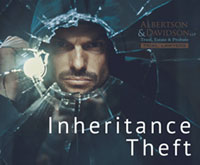
Contesting wills and trusts can be difficult because each document operates under a different set of rules. And each document has a different statute of limitations for contesting it. Timeline for California Will Contests You really cannot contest a California Will until someone offers the Will to be admitted into probate. Under California law, a Will […]









